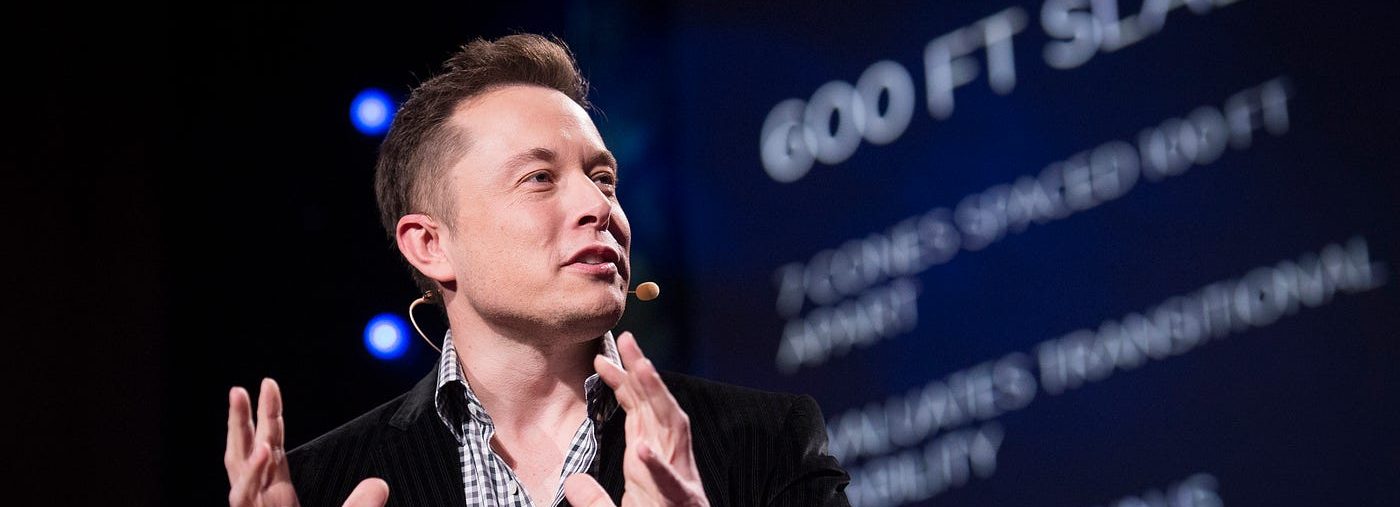A big X over its future: How one man is changing the social media universe
Just over three years ago, Elon Musk became the biggest shareholder in Twitter, with a 9.2% stake in the company. Musk, a prolific entrepreneur and owner of several companies in the technology sector, bought Twitter in 2022, in a deal for $44 million and rebranded it as ‘X’. He initially appointed himself CEO in October of the same year, before transitioning to chairman/technology officer (CTO) in mid-2023. He has since brought X under the jurisdiction of his artificial intelligence company, X-AI.
Like most of Musk’s other ventures, the transition from Twitter to X was wholesale and widely felt. Musk is a man who feels unsettled by his circumstances being settled. He prefers chaos
As CEO, he removed the company’s central operating features, laying off over 75% – from over 8,000 to 1,500 – of the staff and removing both the CEO and CFO. Musk was laying the foundation for an entire reinvention of the social media app, from the inside out.
“My role will transition to being exec chair & CTO, overseeing product, software & sysops,”then, handing the role to Linda Yaccarino on June 5 2023. Under her, the company has morphed into the form in which it is known today. Like most of Musk’s other ventures, the transition from Twitter to X was wholesale and widely felt. Musk is a man who feels unsettled by his circumstances being settled. He prefers chaos.
Between 2011-2016, Twitter, X’s ancestor, had grown and proliferated from a nominal space to share views, to one of the dominant social media platforms that carved out a place for answers to broad-based political questions, lifestyle, sports comments, and questions about life. The open-forum style dialogue on Twitter and real-time content moderation allowed for mediated debate and regular differences of opinion without a culture of unmediated comment that created a rise in toxic speech. This feature of Twitter was quickly cannibalised with Musk at the helm.
Now, in mid-2025, X has hollowed out Twitter as it existed before. It is very much a product of Musk
“It has become a mouthpiece for Elon Musk,” said Richelle Burke, a graduate from the University of Pennsylvania working in New York. “I have an account, but I don’t use it.” Burke and others in the city felt that the traction that X had as Twitter has carried over, but lamented that its credibility as a platform for accurate information and reasonable debate was in decline.
By the start of 2024, some prominent accounts of creators and organisations had their verified status removed, including the New York Times, NPR, and CNN. This changed the verification of prominent accounts from status and identity to purely based on a tiered payment model. The erosion of trust in accounts to actually represent what they purported to be was underway.
Now, in mid-2025, X has hollowed out Twitter as it existed before. It is very much a product of Musk. The reduction in any coherent content moderation, the platforming of extreme views, and the rhetoric around alleged assaults on “free speech” has created an anti-establishment populist tone that extends beyond the political content on the platform and now permeates all its output.
The reduction in any coherent content moderation allows for the platforming of more extreme views and the mainstreaming of ideas that would have been previously on the periphery
Douglas Ebanks, a former student and conservative at Exeter University, saw X as contributing in a large way to the populist political outlook that had taken root in America’s young men in Gen-Z. He has seen the advent of X on the Yale Campus. Blunt describes that kind of ping-pong political exchange as a new central feature of the way politics is discussed.
The communal town square of free thinking and ideas of the former Twitter has been replaced by a sea of information chaos. The reduction in any coherent content moderation allows for the platforming of more extreme views and the mainstreaming of ideas that would have been previously on the periphery.
The ‘public town square’ allegory applied to social media is evolving faster than Musk or any of us is able to understand. While some choose to disengage with a shared space they see as becoming saturated with harmful content, others see this as a new frontier for railing against a status quo that has left their views out for too long.
Like other organisations, notably Bluesky, that begin to absorb some of the users of X, its role in the digital information age may become less a pioneer and more a relic of the past
For many using the app, this is still something they are having to get used to, years later. Musk has not made it easy. Just like SpaceX, X-AI, and Tesla, this is something that has become inextricably tied to his personal views.
“I’m running my various businesses with great difficulty,” Musk told Fox Business in March 2025, at the Apex of his involvement as head of the White House’s Department of Government Efficiency within the Trump administration. As Musk has tied his personal brand and business ventures to his politics, the lines around a true “freedom of speech” and removal of editorial bias on the platform have become much more faint.
The company’s future is still relatively uncertain, with Musk looking to further pare back his role. His unorthodox style of working and knee-jerk content decisions are reflected in the outlook of the publication. Like other organisations, notably Bluesky, that begin to absorb some of the users of X, its role in the digital information age may become less a pioneer and more a relic of the past.

Comments